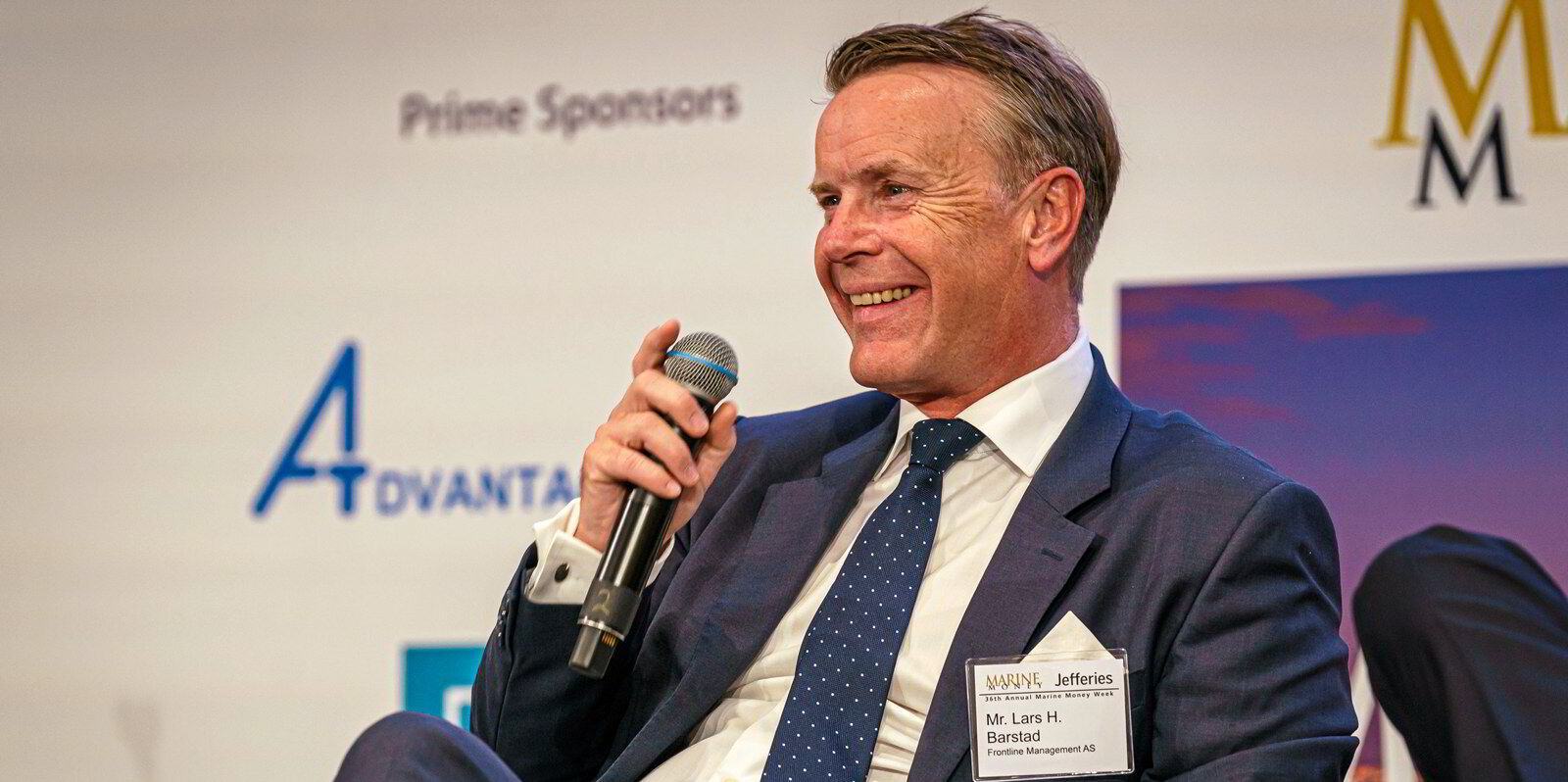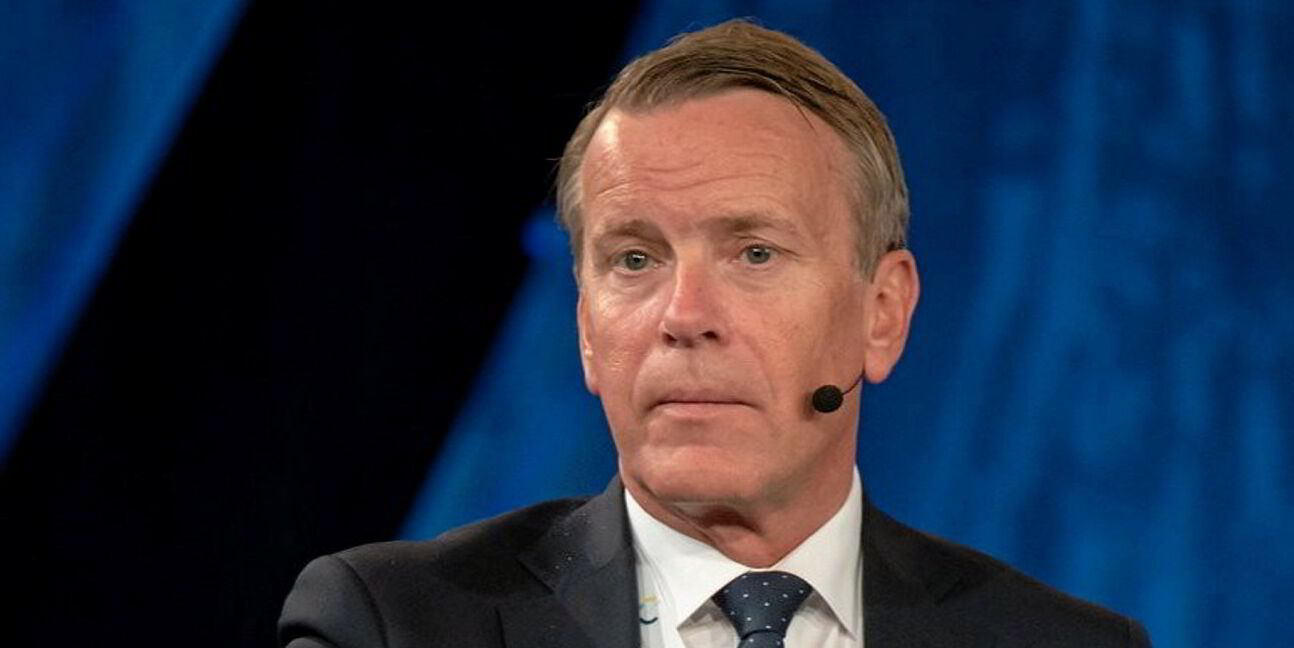Frontline chief executive Lars Barstad has again called for more help in tackling the dangerous shadow fleet of tankers carrying sanctioned oil for Russia, Iran and Venezuela.
The VLCC and suezmax company’s boss called the current Western sanctions on Russia “somewhat flaky” on an earnings call with analysts.
But he said the incoming US government is arguing for a hard stance on sanctions evasion.
“I think it should be obvious to IMO that they should maybe focus on what’s going on in the unregulated shipping markets rather than talking about decarbonisation,” Barstad told the call.
He described himself as “very hopeful” that there is political will to address the issue, however.
Asked what would be the effect of a solution to the Ukraine conflict, he noted that Europe is still buying record amounts of gas from Russia while having a price cap on oil products.
“This leads me to thinking that [with] any kind of long-term solution to the conflict, the sanctions may be reversed fairly quickly,” he said.
“The political cost of holding these sanctions in place, particularly now, coming into what’s expected to be a cold winter in Europe, could actually motivate politicians to actually walk back on these sanctions.”
This would almost immediately put a lot of oil back into Europe, and that would push a lot of the Atlantic basin barrels to find another home.
That is more likely to be into Asia, he argued.
Self-sufficiency
Frontline said on Wednesday that an “astonishing” 6% of the global VLCC, suezmax and aframax/LR2 tanker fleet is now reported to be sanctioned by the US Office of Foreign Assets Control.
Barstad also said that Russia is now basically self-sufficient in shipping out its oil through the shadow fleet.
He believes the Putin administration requires 300 vessels, mostly aframaxes and suezmaxes, to get crude to market.
“So you’re not going to have this massive shift,” he told the call. “Of course, some of these ships are coming back to the compliant market once sanctions are lifted.”
But more than half are aged 20 years or more, and those will not be taken up by prime charterers.





